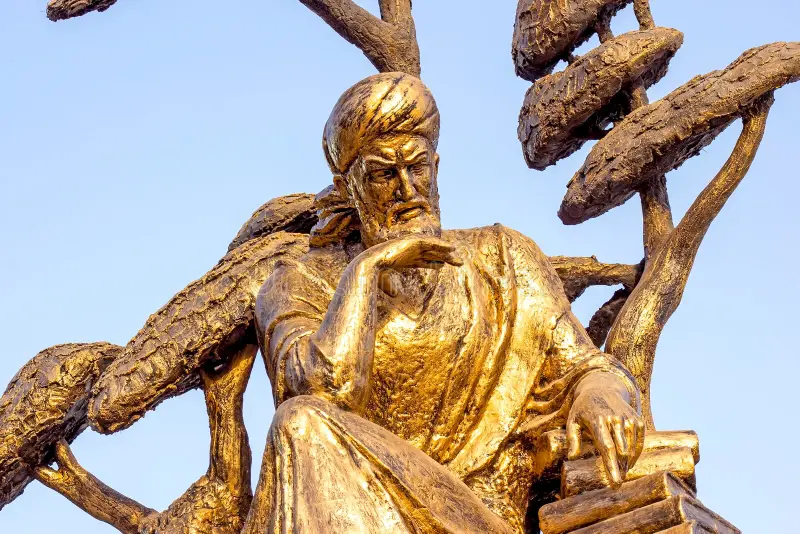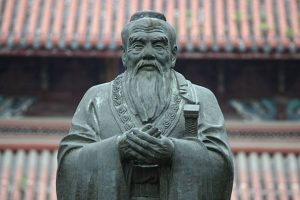
Avicenna (Ibn Sina), one of the most prominent figures in Islamic philosophy and medicine, lived a remarkable life full of achievements that still resonate in various fields today. Here are some of the most notable and inspiring stories from his life:
1. A Prodigy from Early Childhood
Avicenna was born in 980 CE in Afshana, near Bukhara (modern-day Uzbekistan). His early life showed signs of brilliance—he was a child prodigy, excelling in subjects like the Quran, mathematics, and philosophy. At the age of 10, he had already mastered most of the basic sciences of the time. By the time he was 16, he was studying and teaching complex subjects such as medicine and logic.
One of the most inspiring parts of his early life was his ability to learn rapidly and absorb knowledge from various teachers, eventually becoming so well-versed in medicine that he cured the Samanid ruler, Nuh ibn Mansur, who was suffering from a condition that no physician could treat. This earned him the trust of the ruler and allowed him to access the royal library, which he used to deepen his knowledge in many fields.
2. Writing the “Canon of Medicine”
Avicenna’s most influential work in medicine, the Canon of Medicine (Al-Qanun fi al-Tibb), was completed when he was in his early 20s. This medical encyclopedia was revolutionary at the time and became a cornerstone of medical knowledge in both the Islamic world and later in Europe. For over 600 years, it was used as the standard textbook in European universities.
The Canon of Medicine was not just a collection of medical knowledge; it was a synthesis of earlier works from Greek, Persian, and Indian traditions, combined with his own insights and experiences. It emphasized the importance of observation and the need for clinical studies to understand diseases. Avicenna’s work laid the foundation for the scientific method in medicine.
3. Philosophy and the “Book of Healing”
Avicenna was not only a physician but also a philosopher. His Book of Healing (Kitab al-Shifa), written over several years, explored a wide array of topics including logic, natural sciences, ethics, and metaphysics. His philosophical work was a fusion of Aristotelian thought and Neoplatonism, deeply influenced by earlier Greek philosophers, but also incorporating Islamic theological insights.
One of the most inspiring elements of his philosophy was his ability to reconcile reason and faith. Avicenna argued that philosophy and religion could coexist, and his work influenced many later philosophers, including Thomas Aquinas and other Western thinkers.
4. Facing Political Challenges and Imprisonment
Despite his intellectual success, Avicenna’s life was not without hardship. He faced constant political instability, which eventually led to his imprisonment. In 1024, he was captured and imprisoned by the ruler of the region where he lived due to political turmoil. During his imprisonment, Avicenna continued to write, study, and even treat other prisoners. It was during this time that he composed some of his most important works, proving his commitment to his intellectual pursuits, even in the face of adversity.
He later escaped from prison, but his life continued to be marked by political unrest. He spent the latter part of his life moving from place to place, often serving as a vizier and physician to various rulers. Despite these challenges, he never stopped writing and sharing his knowledge.








